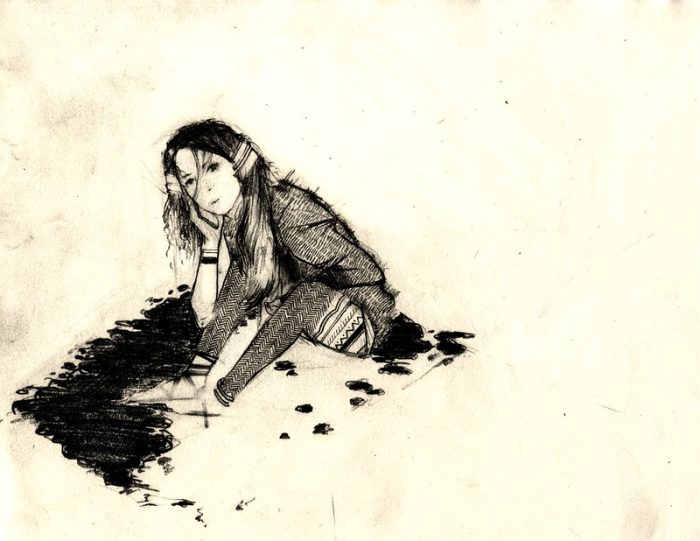
“Almost anything can be preserved in alcohol, except health, happiness, and money.” ~ Mary Wilson Little.
The devastating effects on loved ones create an abundance of unintended consequences that once spiral out of control creates a never-ending cycle of suffering.
However, the true extent of drug addiction’s psychological, emotional, and physical damages can be observed when we look at how drug addiction spoils relationships and shatters families.
Drug addiction does not hinder one instantly. Instead, it is a process of accumulation, a slow piling up of dependency. The transition from recreation to full-blown addiction is often a step-by-step process, but the change is so seamless that before one can come to terms with the fact, it may seem already too late.
Addiction not only impacts one’s home life, but also their professional life, either as a student or a job holder. With time, drug addiction makes one incapable of performing even the simplest of tasks like showing up on time, and as time passes, they may be entirely skipping college or failing in the workplace.
“The exact cause and identification of the 5 stages of addiction is difficult to pinpoint. It varies from person to person. For some people, abusive family background, family history of drug abuse, and genetic factors become the major contributing factors. Some succumb to addiction due to social factors such as peer pressure, stressful environments, and work influence.”
Beyond the workplace and outside the home, the children of drug-abusing parents often go through a torturous ordeal.
These children go from affectionless childhoods to challenging adulthoods.
Children of addicts may develop dual disorders from a young age and often develop addictions as coping mechanisms to survive or to deal with their feelings. Often, they may develop feelings of hatred toward their parents as they get older, which can make anger and resentment their tools for handling other situations and problems in the future. Individuals with drug and alcohol addictions often put their addiction first, causing their children to fend for themselves.
The partners of those addicted to alcohol or other substances, often suffer psychological, emotional, and physical abuse as well. Many addicts have disruptive mental states and behaviors, making it difficult to manage their emotions and actions if confronted with something that challenges them. The partner may also try to compensate for the addict’s lack of responsibility or absence.
The guilt and shame associated with addiction also impacts everyone in the family. Shame forces many addicts to use denial and lies to avoid challenging situations. This, in turn, reduces the level of trust among partners in the long run as well. Lack of confidence leads to loss of affection and is a significant contributor to drug-related divorces.
The ripple effect that addiction has on the family extends throughout the life of the child as well as into the next generations. Making it nearly impossible for the family to escape from the hold of drug addiction which may become more of a psychological challenge than a physical one and slowly eats away at the relationships amongst family members.
The grim outlook:
According to the National Survey on Drug Use and Health: “Among the 20.4 million people aged 12 or older with a past year substance use disorder (SUD) in 2019, 14.5 million people had a past year alcohol use disorder, 8.3 million people had a past year illicit drug use disorder, and 2.4 million people had both an alcohol use disorder and an illicit drug use disorder in the past year.” This number, which has had an upward climb in recent years, offers an insight into the destruction of lives at an unprecedented rate.
In 2019, more than 70,000 people died of a drug overdose. It is estimated that this figure is expected to persist in the coming years or even increase.
Opioid-related overdose deaths were responsible for a staggering 49,000 deaths in 2019.
Since the year 2000, an estimated 700,000 people have lost their lives to drug overdoses.
Drug abuse and alcohol addiction was cited as the third primary reason for divorces in the United States, an estimated 7.3 percent.
The pandemic has only worsened this health crisis and continues to destroy American lives. The year 2020 saw a record number of drug-related deaths, an astonishing 93,000.
Drug addiction is a global epidemic and is worsening with time. It has been destroying relationships and shattering families for years now. Drug addiction needs to be tackled at a physical level, but one also needs to consider the socio-psychological level to completely solve the problem and save families.
~








Read 0 comments and reply